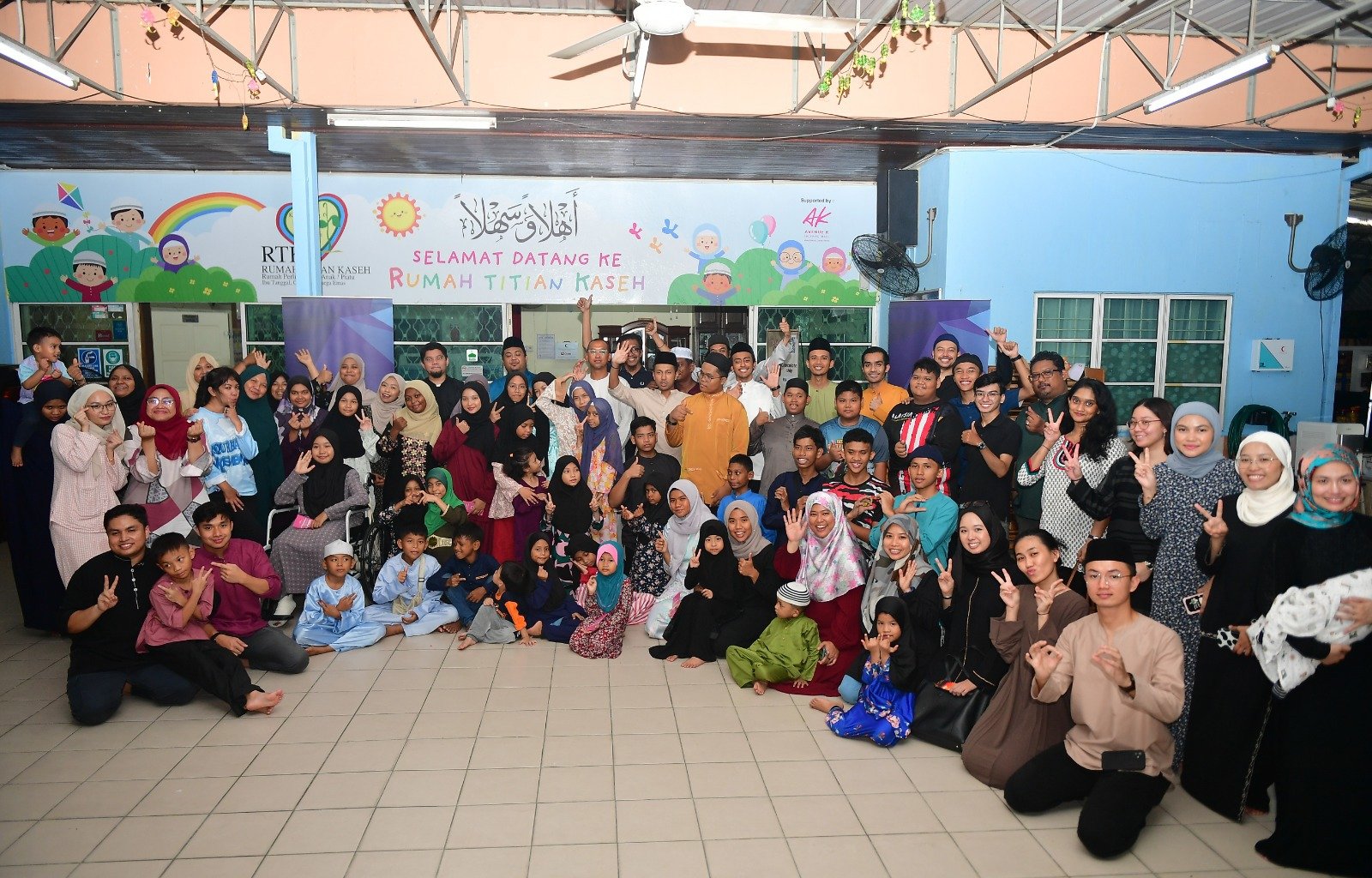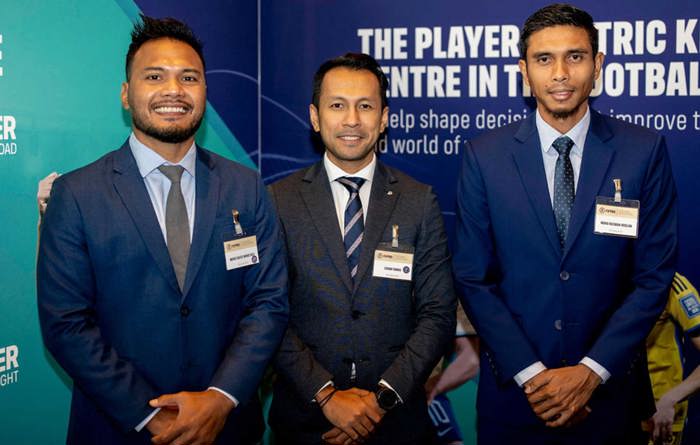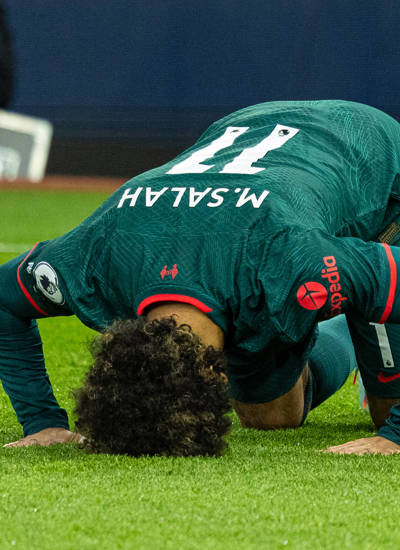
- Approximately 85 percent of PFA Malaysia’s membership consists of Muslim footballers
- The union has been supporting players during Ramadan through corporate social responsibility (CSR) initiatives aimed at protecting their physical, spiritual, and community well-being
- In Muslim majority countries, such as Malaysia, training and match schedules are adapted to the Ramadan calendar to improve the working conditions of players
Since 10 March, Muslim professional footballers around the world have been observing the month of Ramadan, a time which brings them even closer to their religion.
Fasting during the month is one of the five pillars of Islam and in the context of football, it can result in high-performance athletes going without food and water from sunrise to sunset (nearly 16 hours) for up to 30 days during the season.
“Ramadan instils values such as discipline, self-control, and resilience, which are crucial for success in professional sports,” says PFA Malaysia CEO Izham Ismail.
“It fosters mental strength and spiritual fulfilment, translating into enhanced focus, determination, and performance during training and matches. Fasting also promotes team bonding and unity among players, fostering a supportive team environment.”
Player unions across the world have been supporting footballers fasting during the month of Ramadan.
In England, a Muslim minority country, the PFA has been delivering Muslim Player Considerations awareness workshops at clubs – designed to help coaches and multidisciplinary teams successfully balance players’ nutrition, hydration, recovery and rest in order to get the best out of them during the month.
In Muslim majority countries, such as Malaysia, training and match schedules are adapted to the Ramadan calendar to improve the working conditions of players.

Though this season’s Malaysia Super League will not begin until May 2024 for men’s players, thus taking place after Ramadan finishes this year on 9 April, in the past kick-off times were rescheduled to later in the evening after Iftar, the evening meal when breaking the fast, to allow players sufficient time to refuel and hydrate before taking to the pitch.
The same schedule alterations still apply to the FAS Women’s Super League, which this year kicked off in February.
“PFAM collaborates closely with the Malaysian Football League (MFL) to ensure schedules and match timings are accommodative,” said Ismail. “This involves adapting training schedules and scheduling matches at conducive times for comfortable Iftar.”
Approximately 85 percent of PFA Malaysia’s membership consists of Muslim footballers. The union has also been supporting players during Ramadan through corporate social responsibility (CSR) initiatives aimed at protecting their physical, spiritual, and community well-being.
“Initiatives include organising Iftar events, distributing specialised meal kits for Suhoor (the morning meal before sunrise) and Iftar, conducting educational sessions on maintaining fitness while fasting, and offering counselling services to address spiritual and emotional needs,” said Ismail.

The union is also helping players find the right balance between nutrition, hydration and recovery during the month, to help them thrive in their working environment.
“What is often overlooked during Ramadan is the significance of promoting balanced and nutritious diets during Suhoor and Iftar to sustain peak performance and health,” said Ismail.
“Ensuring adequate hydration and electrolyte replenishment, especially in hot climates, and prioritising the mental and emotional well-being of fasting players are crucial aspects that warrant more attention.”



